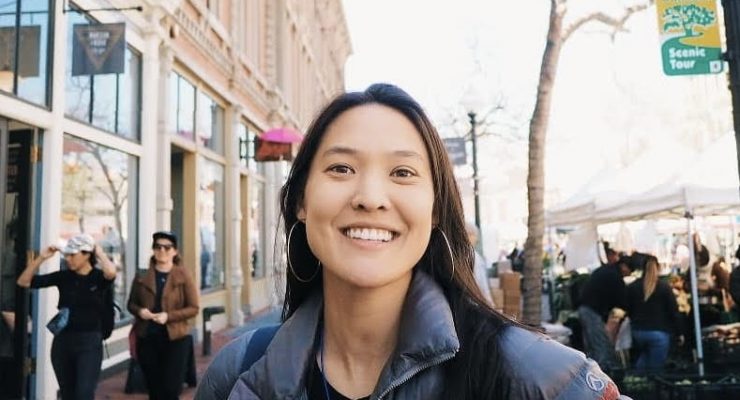In higher education, instructors are encouraged to incorporate service-learning into their curricula— activities that provide the chance for students to assist local organizations and learn while they do so. Typical service-learning can run the gamut: anything from a small trip to a community garden to help weed while learning about food systems to holding a survey to assist the local cultural center’s seasonal programming. Service-learning cultivates a sense of civic responsibility within students that enhances what’s being learned in the classroom, increases students’ emotional support, and so on. It also increases student retention by cultivating their connections with the university and local community— something many of us are concerned with, given decreasing enrollment and retention on a national scale.
Instructors also face pressures to hone students’ saleable skills as they prepare to enter an ever-technologizing job market. Most universities push programs to advertise themselves in terms of the jobs a graduate may attain and how the program caters to those potentials. My department, for example, notes possible careers on the front page of our website—just to underscore our focus on this facet. And we are not alone.
Compounding these demands is a growing call from our field to engage more with the public—to expand the boundaries of our work and the discipline itself. To do public sociology.
With these pressures in mind, I developed a class project that could address all of these items: service-learning, saleable skills, and public sociology. Students receive hands-on training as they work with a local organization, and then create informative digital, print, in-person, and/or media content about that work to share with the public.
How can we kill all three birds with one stone? Expansive creativity.
Expansive creativity, I argue, is the bedrock for a project of this sort. What I mean is that if we instructors expand our ideas of what service-learning projects look like through incorporation of technology and art, we can create new opportunities for our students to engage with the public. So, rather than service-learning that focuses solely on assessments and volunteer work, consider the incorporation of:
- Recording podcasts
- Holding teach-ins
- Inviting non-traditional community speakers for a talk series
- Filming videos to host on streaming sites
- Creating social media campaigns
- Drafting digital and print pamphlets
- Developing project websites
- Organizing a community-based mini-research conference
- Constructing an art installation
- Performing dramatic storytelling
- Writing and sharing poetry
- Creating a graphic novel
By encouraging students to produce creative public work, they not only share the collaborative accomplishments they achieved alongside local organizations (who typically appreciate the promotion), but do so in a manner that fits the modern appetites of their generation and beyond. This is the space in which informative dialogues can be initiated with those that may not have been exposed to certain ideas or facts, where opinions can be changed, where students can become active participants in community discourse, and where marketable skills come into play. Students’ final products can be cited on resumes—examples of their growing abilities.
I created a worksheet to help instructors interested in this sort of project plan their scope, goals, and logistics. I also encourage you to explore an example of a project that my 300-level Criminology class completed in Spring 2023 with the East Hawai’i Cultural Center (EHCC), titled “Community Perspectives on Policing.” In addition to conducting a community-based study on perspectives on policing at the behest of EHCC—where students learned research design and partook in hands-on survey-interviews and data analysis— the class created a video, website, brochure, and gave a televised public talk about their findings, all of which garnered media attention and provided community feedback to the players in our local criminal justice system.
We can do service-learning, public sociology, and impart saleable skills all at the same time in a meaningful way in our classrooms– meaningful to our students, to our local communities, and to ourselves. We just need to be creative.
Ellen T. Meiser is an assistant professor of sociology at the University of Hawai’i at Hilo, and a co-creator and co-host of The Social Breakdown, the sociology podcast nobody wants, but everybody needs.


Comments